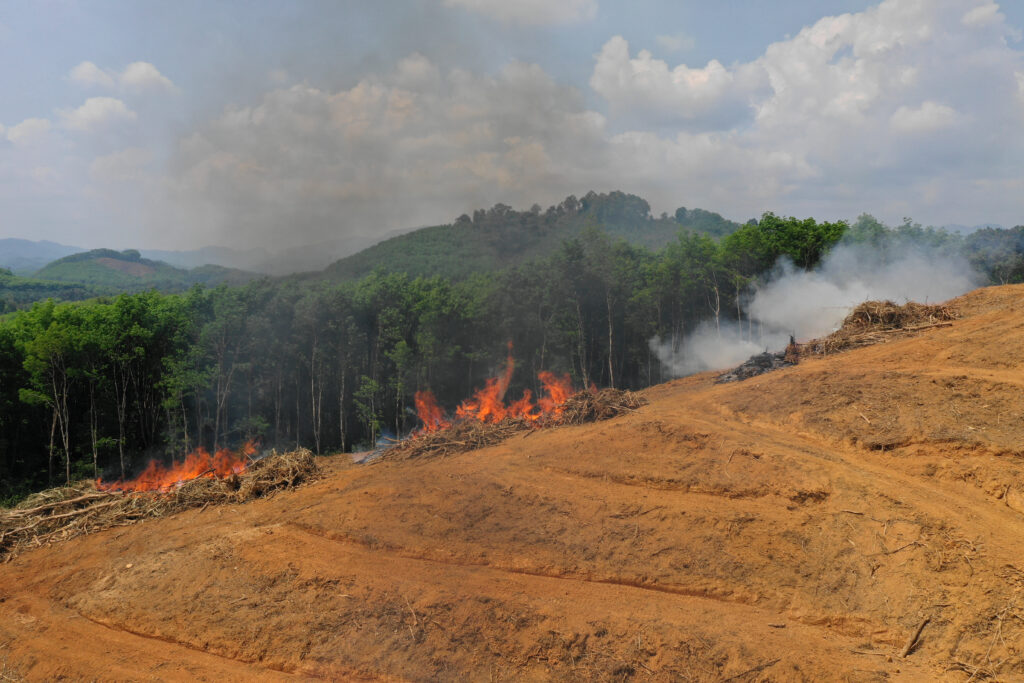Tropical deforestation is raising temperatures across regions of forest loss and driving thousands of heat-related deaths every year, new research has shown.
The study, which analysed areas across Central and South America, Africa and Southeast Asia, was published in Nature Climate Change and led by Dr. Carly Reddington and Professor Dominick Spracklen of the University of Leeds. It found that more than 300 million people across the tropics were exposed to additional, deforestation-driven heating across the years 2001 and 2020. This heating is associated with around 28,000 deaths every year, or about half a million over the two decades.
Impacts of Global Warming Caused by Global Deforestation
The study is the first to examine the human health impacts of warming specifically caused by tropical deforestation. It concludes that deforestation is not only a global climate and biodiversity threat, but also has direct consequences for the health and well-being of local populations. In areas experiencing forest loss, local warming due to deforestation could account for more than “one third of all climate heat-related mortality” the authors wrote, signalling the severe and deadly impact of deforestation on indigenous communities.
Loss of Forest Cover Linked to Increased Mortality in Local Populations
Tropical forests have been heavily affected by deforestation and degradation over recent decades, primarily driven by farming, logging and agricultural expansion. The loss of trees reduces shade, diminishes rainfall and increases the risk of fire, all of which intensifies localised warming.
The analysis found that across the tropical countries, 76% of people living in regions of forest loss were exposed to deforestation-induced warming over the two decades. This deforestation is associated with an average of 0.45 °C of warming across affected areas.
Overall, around 345 million people were impacted by this localised warming, in addition to the global warming they were already facing due to global average temperature rises. As many as 2.6 million were exposed to an additional 3°C of heat.
In Southeast Asia, 122 million people were exposed to additional warming from deforestation, including 49 million people in Indonesia alone. Of the 28,330 global deaths each year across the study period, more than half occurred in Southeast Asia due to its large, heat-vulnerable populations.
How Deforestation and Forest Degradation Harm Human Health
Tropical deforestation is associated with a range of problems harmful to human health. Smoke from fires related to deforestation pollutes the air, releases carbon dioxide and other greenhouse gases and leads to adverse health effects. Additionally, deforestation has been linked to an increased risk of malaria.
This study now also demonstrates the additional health risk through increased heat exposure and heat-related mortality.
Social and economic inequalities also compound health risks from deforestation. Lower-income populations in the tropics are already facing greater increases in extreme heat than wealthier groups, and are expected to continue to be the worst impacted as global heating intensifies.
Many people work outdoors during the day, which increases their exposure to dangerous heat with “critical implications for outdoor labour,” the authors noted. Limited access to health care in rural communities also worsens vulnerabilities. Traditional and Indigenous groups, often living close to deforested areas, also lack the infrastructure and resources needed to cope with the combined pressures of rising temperatures and environmental change.
“Our work underscores tropical deforestation not only as an environmental issue but also as a major public health concern,” said Dr. Reddington. “Vulnerable populations — with limited access to health care, cooling infrastructure, or adaptive capacity — often live near deforested regions and may be disproportionately affected.
Protecting Tropical Forests for Climate Change Mitigation and Public Health
The research highlights the importance of tropical forest protection not only for biodiversity and global climate change mitigation, but also as a life-saving public health measure. Conserving tropical forests, these forests could mitigate the health effects of increasing temperatures on local populations and strengthen their ability to adapt to extreme weather conditions, the authors said.
The findings call for urgent action and targeted policies to reduce deforestation to protect vulnerable communities in the tropics from the escalating health risks of deforestation. “Protecting tropical forests could save lives by maintaining cooler local temperatures and reducing the risk of deadly heat exposure,” said Dr. Reddington.
Professor Spracklen added that the research underscores the urgent need to reduce tropical deforestation. “Increased recognition of the benefits of tropical forests for nearby communities will help build stronger support for tropical forest protection,” he said.
Evelyn Smail
Writer, United Kingdom
Evelyn is a freelance writer and journalist specialising in climate science and policy, the just energy transition and the human impacts of climate change. She writes for independent publications, NGOs and environmental organisations. Evelyn has a background in sustainable development, climate justice and human rights.
Evelyn is a freelance writer and journalist specialising in climate science and policy, the just energy transition and the human impacts of climate change. She writes for independent publications, NGOs and environmental organisations. Evelyn has a background in sustainable development, climate justice and human rights.

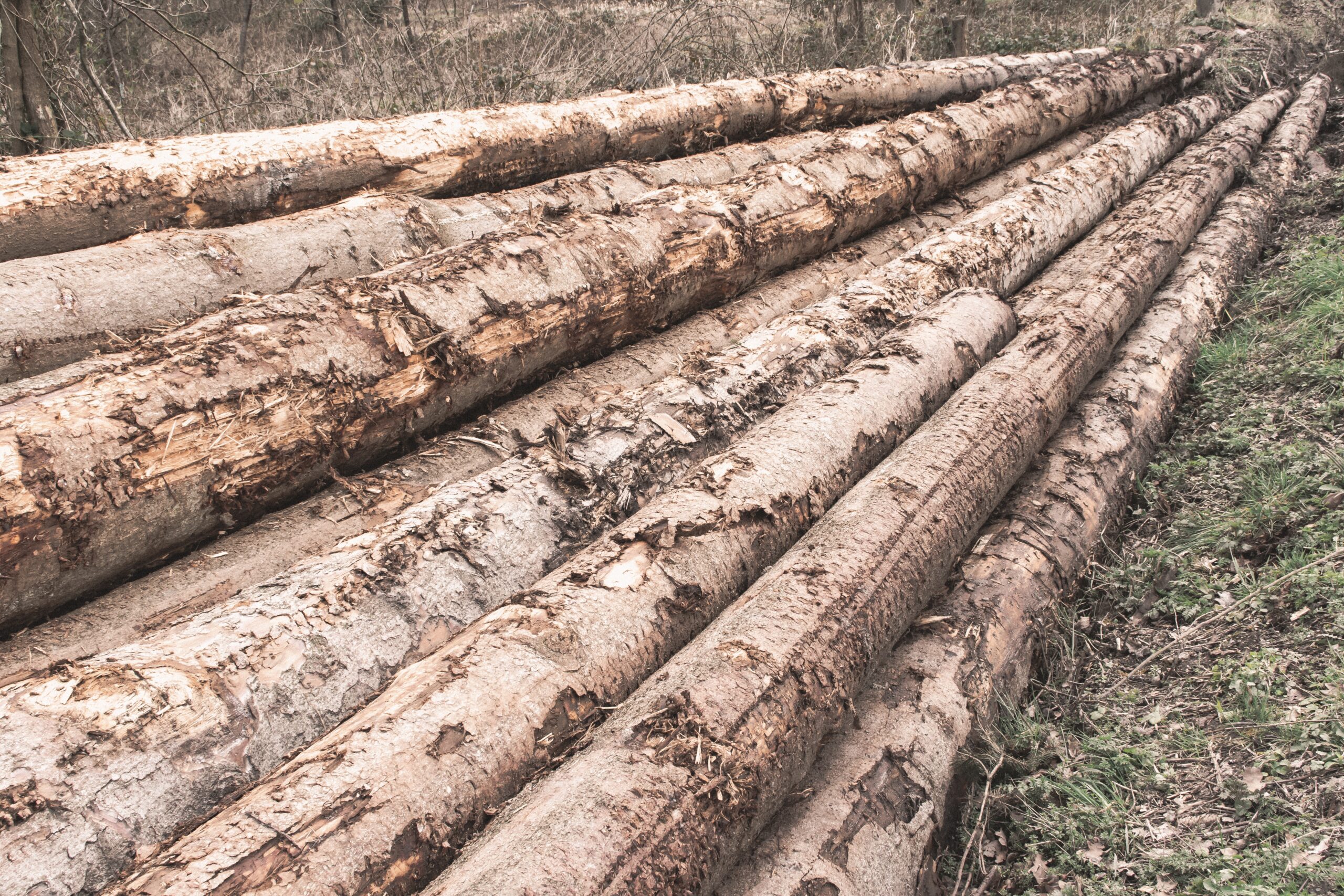
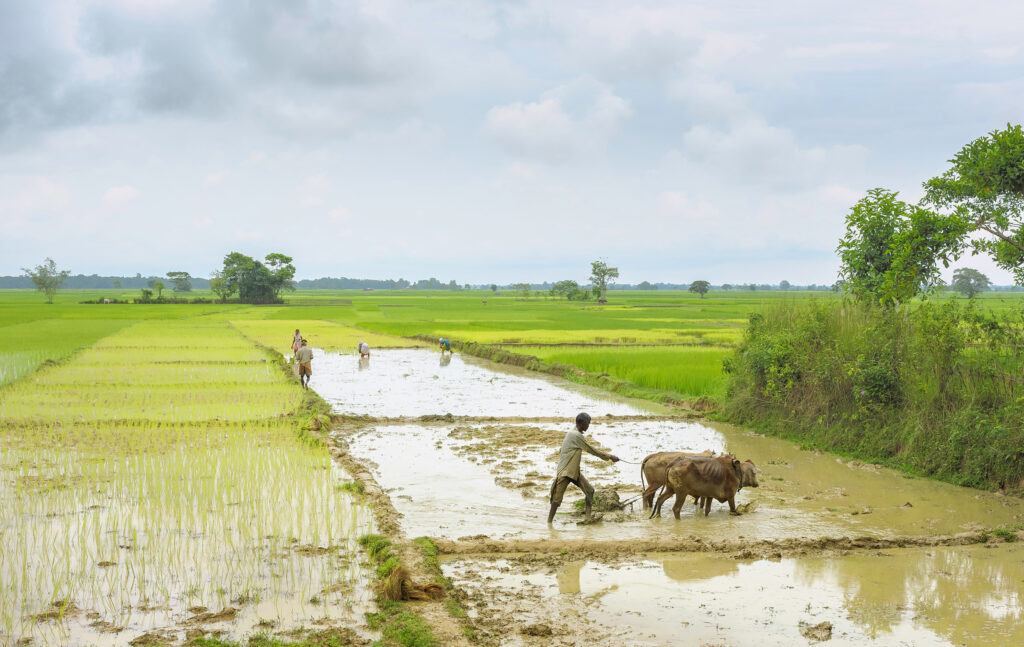
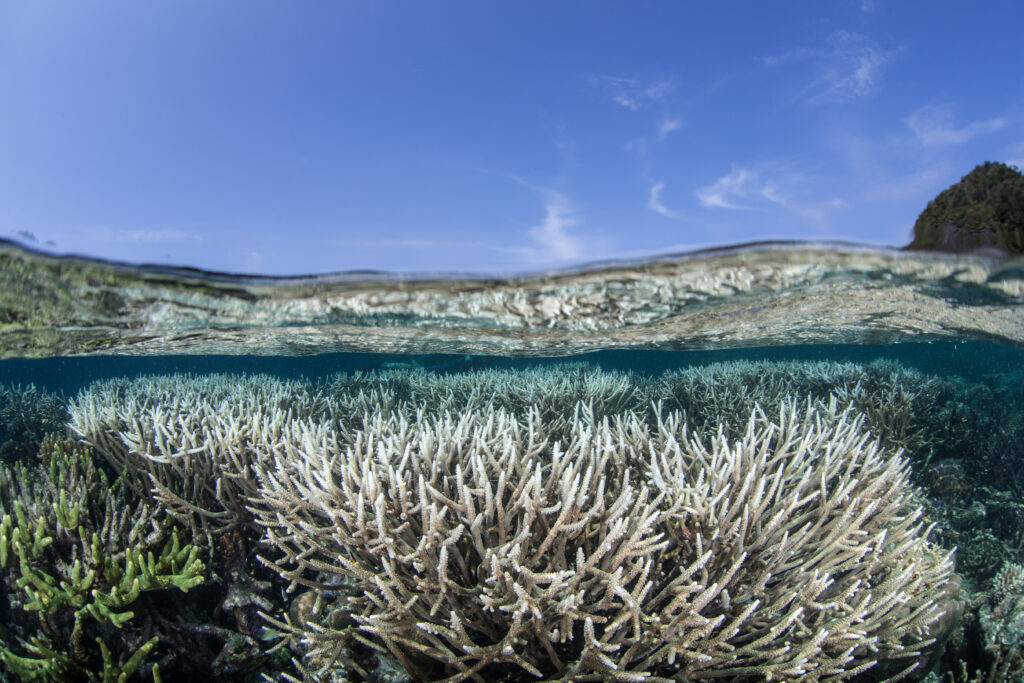

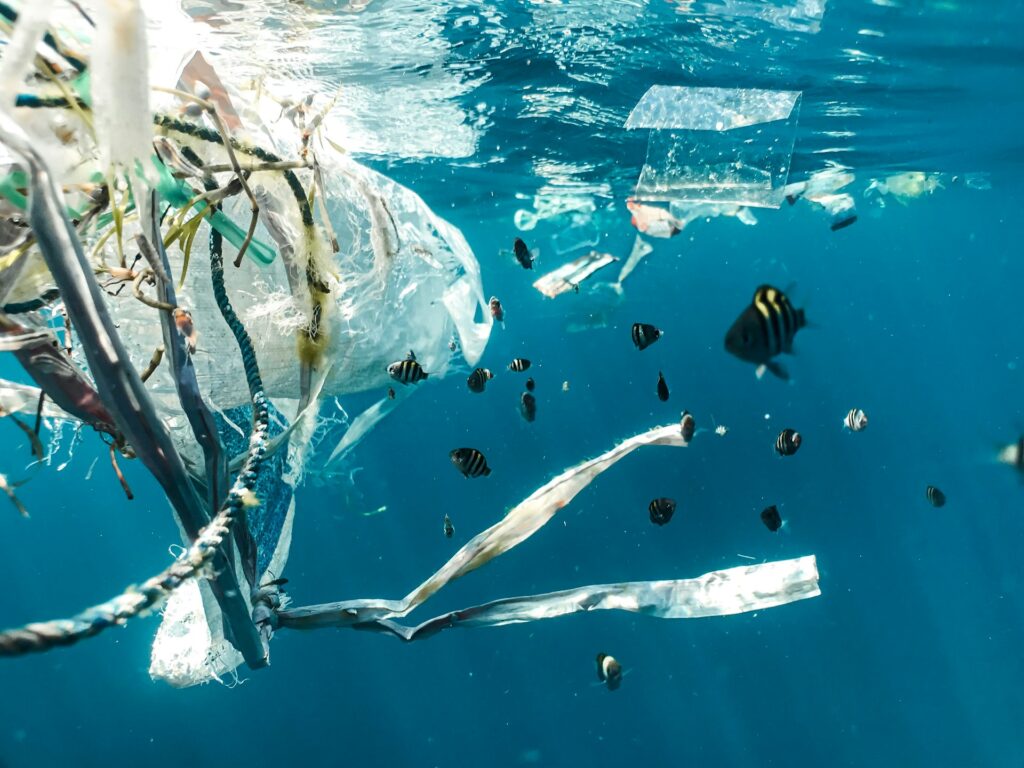


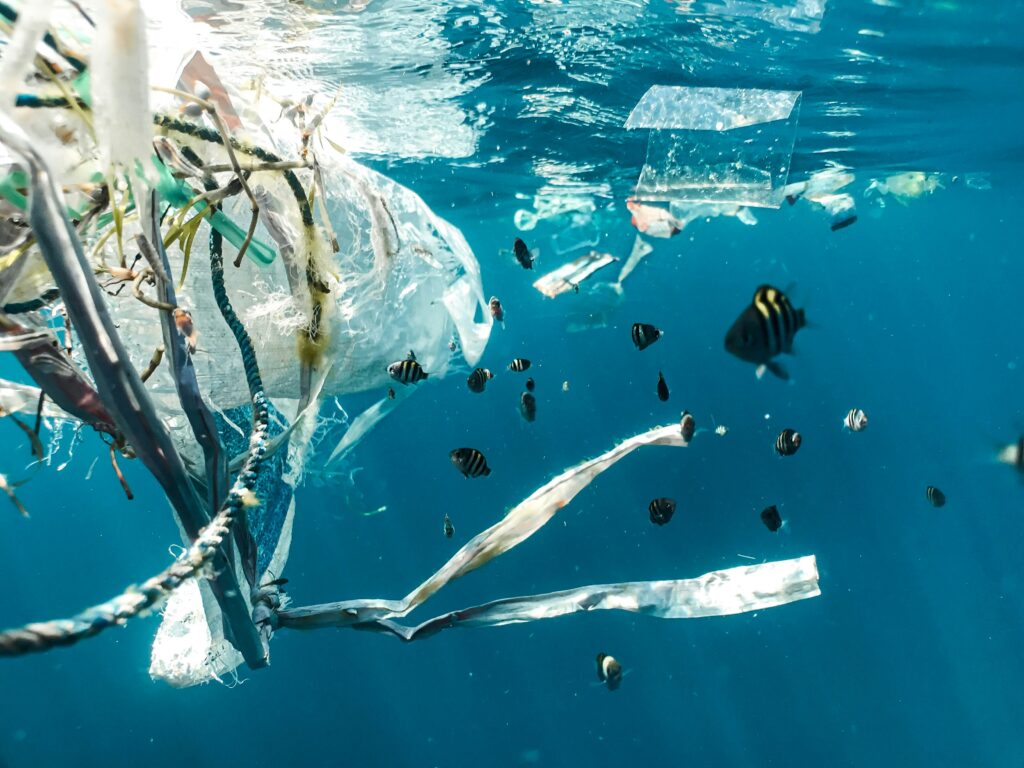
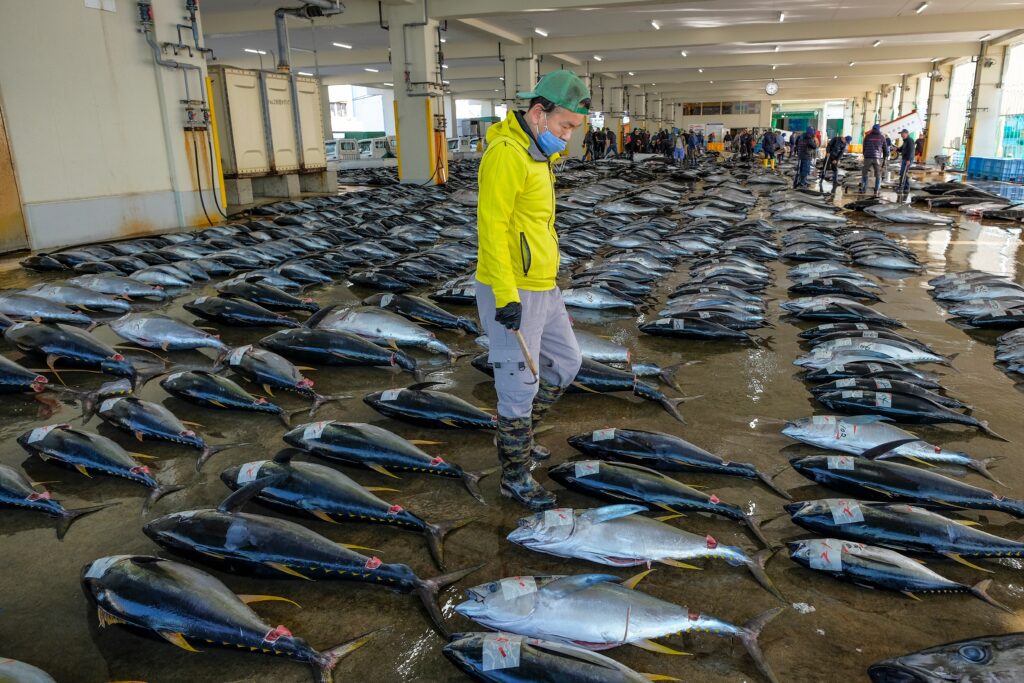
![Central Asia’s Vanishing Snowpack: A Real-Time Crisis Unfolding in 2025 [Op-Ed]](https://www.climateimpactstracker.com/wp-content/uploads/2025/10/shutterstock_2680425247-1024x576.jpg)
